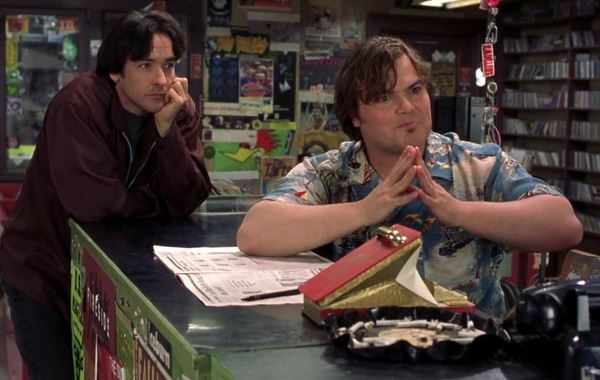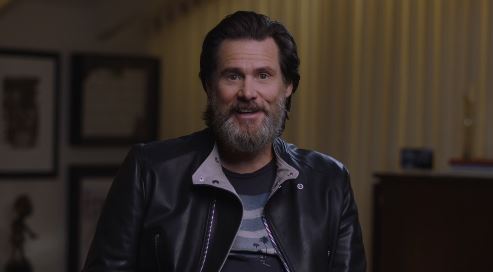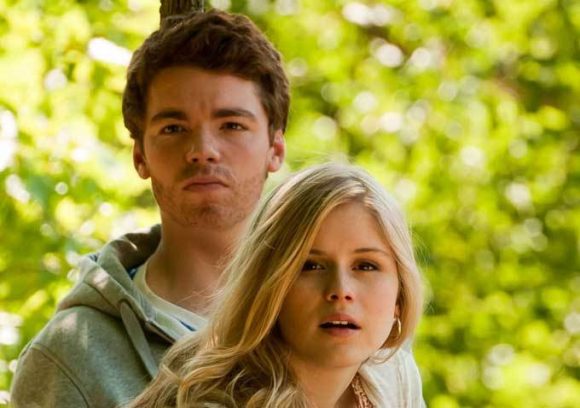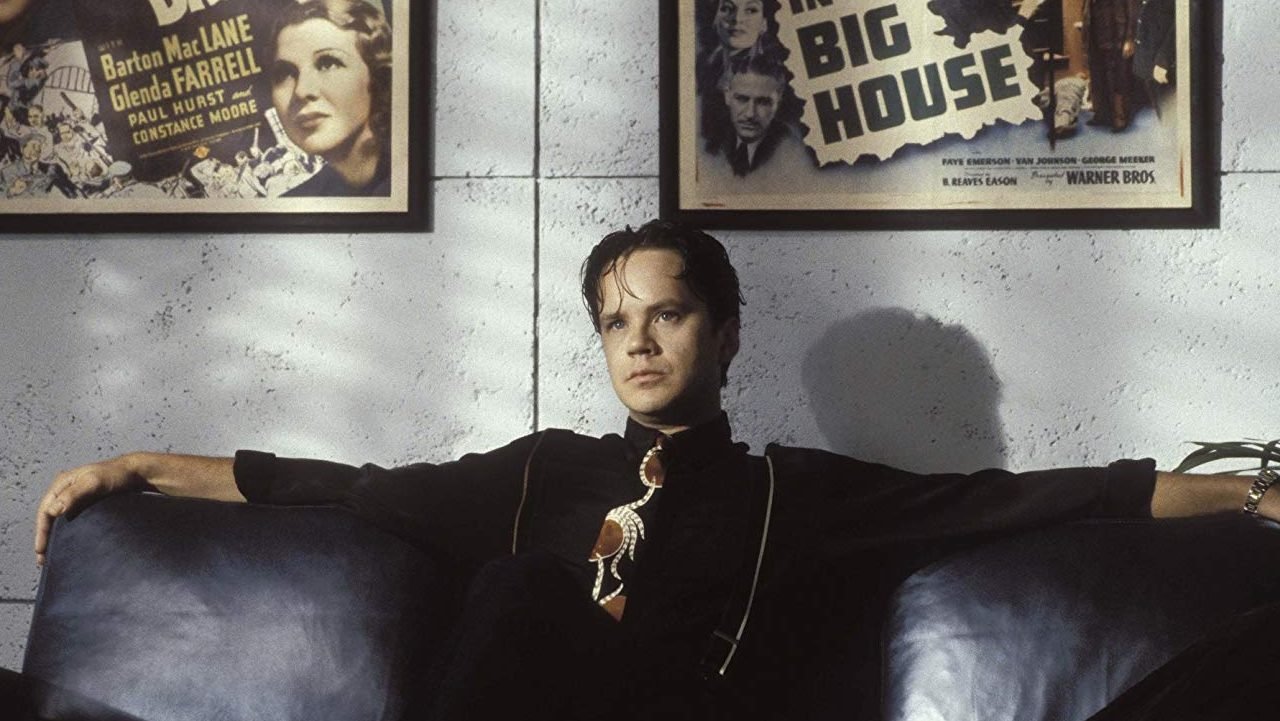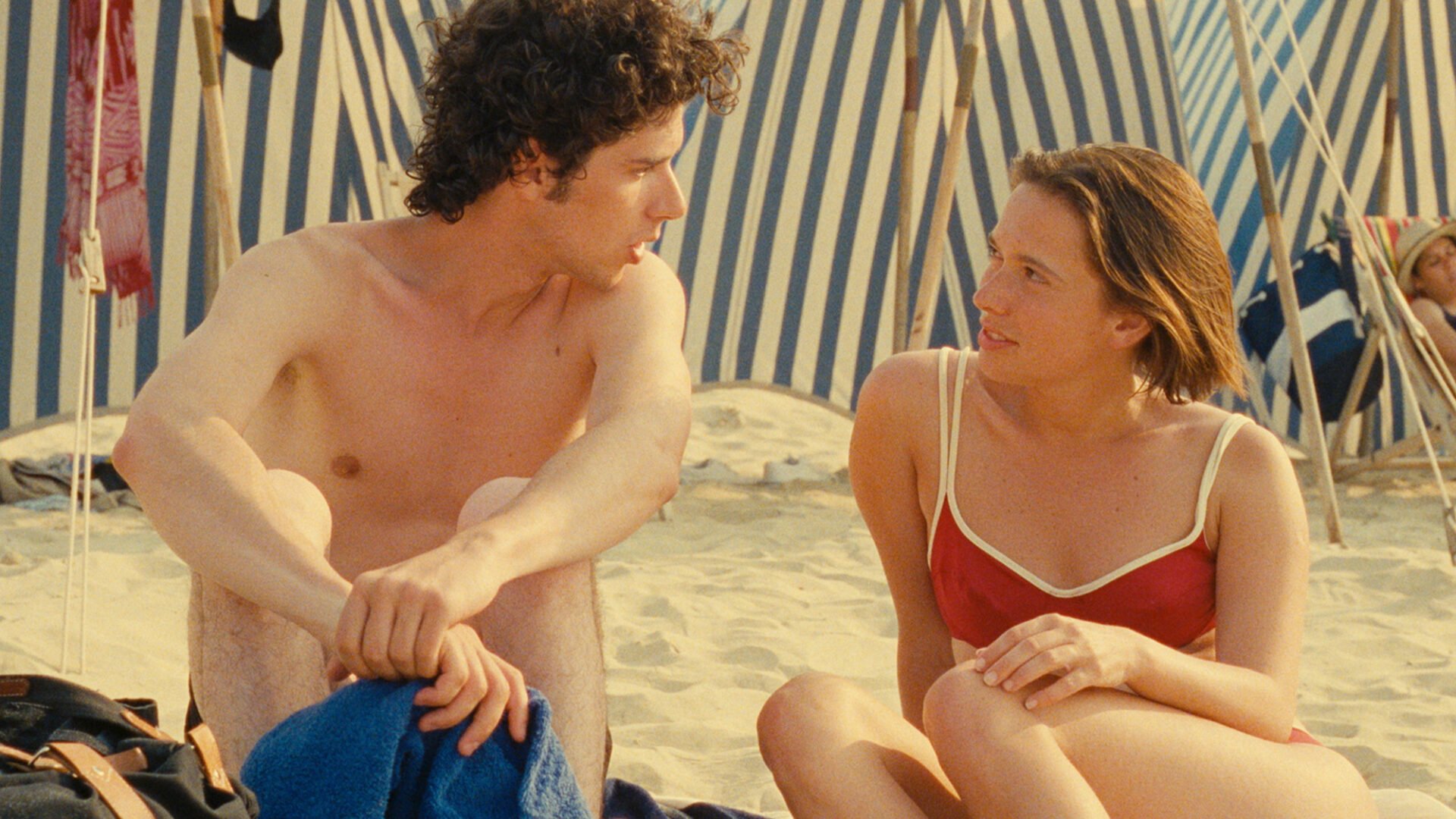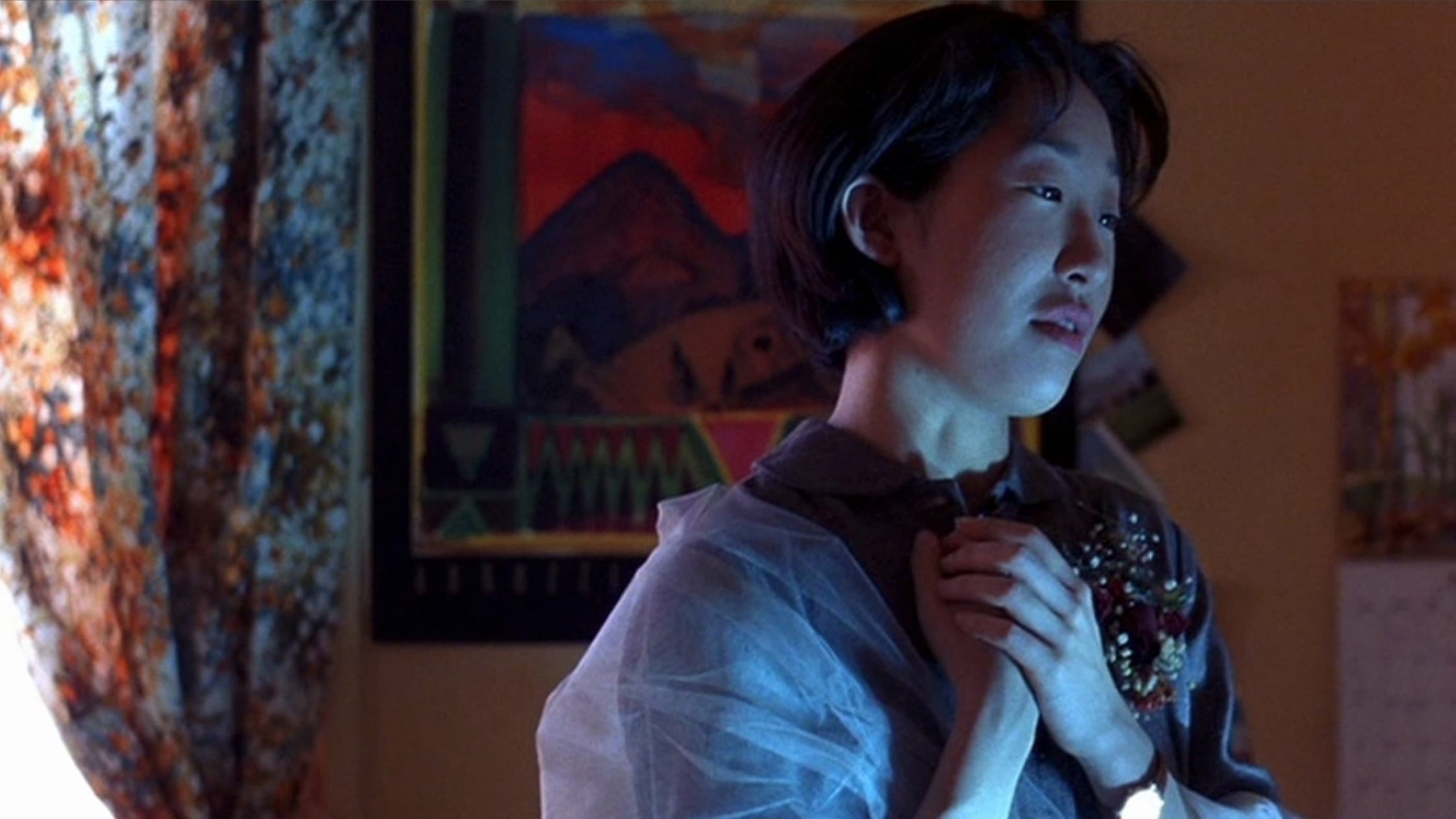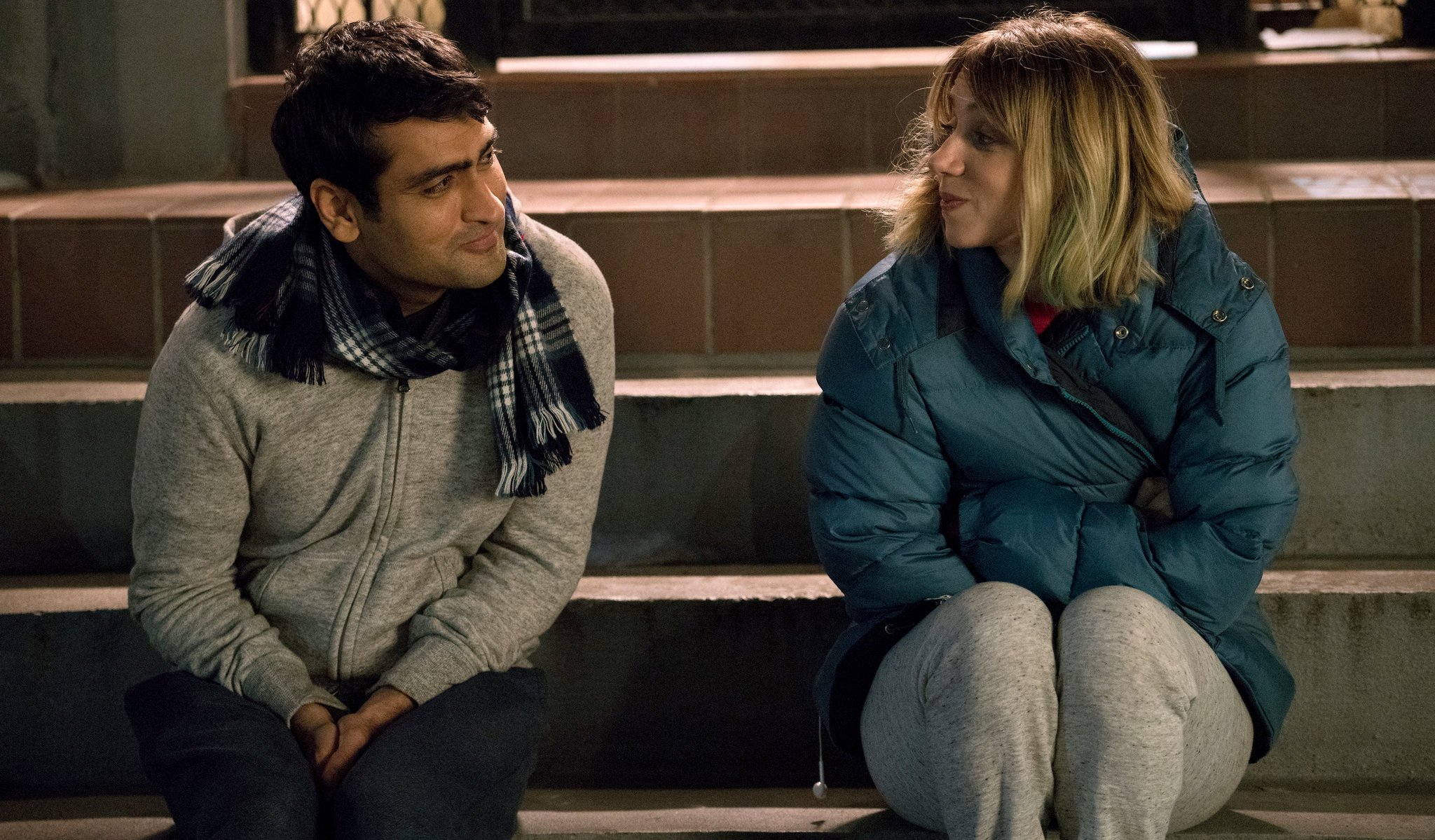
15 Best Smart Comedy Movies to Watch Now
April 7, 2025
Share:
Contrary to that old adage that states that a comedy is good as long as it makes you laugh, sometimes people want a brand of comedy that might be a little more thoughtful, with something different to say. So here at agoodmovietowatch, we’ve put together a list of smart comedy movies available on streaming. Don’t be fooled, though; just because these films don’t indulge as much in the simple joys of slapstick and crude, mindless humor (which is still difficult to get right), that doesn’t mean these movies aren’t still funny. Comedy is an art form no matter how it looks and sounds, and these movies trust that you’ll find something worth laughing about the more you give it some thought.
Read also:
1. High Fidelity (2000)
Genres
Director
Actors
Moods
This might just be the most insightful movie about men. Watch if you are a guy and you will cringe endlessly from seeing yourself in the characters, and if you are a girl you should also watch it to laugh and understand the men around you better (yes, it is that insightful). Rob Gordon, a music fanatic who owns a record store, tells the stories of how his relationships ended, included the one ongoing. So if you are asking if this is a romantic comedy about a man trying to move on from a breakup, yes, it is. And it Works. High Fidelity is in fact funny, interesting and comes with a unique look at relationships. But it is mostly simple and entertaining, and with perfect performances from John Cusack and Jack Black as well as an immaculate soundtrack, it is a must-watch.
2. Jim & Andy: The Great Beyond – Featuring a Very Special, Contractually Obligated Mention of Tony Clifton (2017)
Genres
Director
Actors
Moods
After his first serious role in The Truman Show in 1998, Jim Carrey got a shot at playing his idol, the late comedian and performance artist Andy Kaufmann, in Man on the Moon in 1999. When he got the role, a role of a lifetime, Carrey decided to honor Kaufmann’s legacy by transforming into him (and his alter ego Tony Clifton) and, in true method-acting fashion, never to leave character. Jim & Andy is the result of 100 hours of behind-the-scenes footage shot at the Man on the Moon set, which was withheld for 20 years over fears of Universal Studios that people would think Carrey was an a**hole. While Carrey was a complete and utter imposition to the film’s director, Miloš Forman, and everybody else on set, including Danny DeVito, his transformation (or obsession) was a unique, transformative experience for Carrey, who had been sick of fame and acting before he took on this gig. Whether you buy into this view or see it as a vanity piece of a complete maniac, this is one of the most unique and insane documentaries on Netflix. A mind-blowing portrayal of a complex mind.
3. Kings of Summer (2013)
Genres
Director
Actors
Moods
A quirky and lovely coming of age film, the Kings of Summer celebrates the beauty and madness of adolescence and the sheer joy of long summer days. The plot follows three teenage friends, who, in the ultimate act of independence, decide to spend their summer building a house in the woods and living off the land. The house soon becomes a microcosm of their relationships with each other and the world at large, prompting conflict and mirroring their own transformations as they grow. Simple yet powerful, the Kings of Summer has a lot to say.
4. Smoke (1995)
Genres
Director
Actors
Moods
Like a long, slow drag of a cigar, Smoke is a patient pleasure. Adam Holender’s leisurely lingering camera and the film’s relaxed editing allow us to savor the actors’ performances and the thoughtful script uninterrupted, trusting in their ability to captivate us. And captivate us is exactly what novelist Paul Auster’s screenplay and the film’s superlative ensemble do.
The film kicks off in Auggie Wren’s (Harvey Keitel) Brooklyn smoke shop, where myriad customers linger to chat and unexpected friendships form. The serendipitous network around which Smoke revolves unfurls gradually, like a curling wisp of smoke: Auggie’s patron Paul (William Hurt), a writer’s block-struck novelist grieving the violent death of his pregnant wife some years ago, has his life saved by Harold Perrineau’s Rashid, the estranged 17-year-old son of a struggling mechanic (Forest Whitaker). Ashley Judd and Stockard Channing also feature in Auggie’s portion of the film, one of its five loose vignettes (although the film flows much more fluidly than a chapterized structure suggests). Auster’s contemplative, dialogue-driven screenplay — along with the film’s unhurried editing and luxuriating cinematography — make Smoke a gorgeous example of the art of savoring, which is exactly what you want to do with this wonderful movie.
5. Kneecap (2024)
Genres
Director
Actors
Moods
When we think of biopics, we think of underdogs overcoming all odds just through the magnetic power of one’s voice or mastery of their instrument, with the accolades a natural reward for all they’ve been through. Kneecap is not that. The biopic about the titular Belfast hip hop act acknowledges the Troubles, but right off the bat, they would rather tackle that through the actual music. With a low budget, Kneecap dresses themselves in neon tracksuits, reliving their beginnings with stylized camera movements, scribbled out lyrics and action lines, and an impeccable energetic score sync from their usual music video director Rich Peppiatt. It’s an exciting new portrait of the band and Ireland today.
6. The Player (1992)
Genres
Director
Actors
Moods
Like so many pictures about the pictures, The Player is a biting satire of the biz. Tim Robbins plays Griffin Mill, a Hollywood executive who gives dinner speeches about movies being art but works at a studio where endings are unceremoniously tweaked for maximum audience approval ratings — and therefore maximum profits. The greedy corporate Tinseltown of The Player feels very close to the franchise-pumping Tinseltown of today, but there’s enough wit and irony here to keep it from feeling too depressing.
Legendary New Hollywood director Robert Altman packages his critique in familiar clothing: that of a film noir. After receiving threatening postcards from a disgruntled writer he never called back, Griffin takes matters into his own hands and soon finds himself living out the plot of a taut thriller. The Player gets even more deliciously meta than this: nearly every scene contains a winking reference to the movies, and it’d probably be easier to count which stars of past and present don’t show up for a cameo here. What’s more, Altman gives The Player the kind of “happy ending” that Griffin’s studio is always demanding from writers — only here, it’s spun into a bitter commentary on the whole industry. Simply masterful.
7. 24 Hour Party People (2002)
Genres
Director
Actors
Moods
Here’s a biopic that focuses on capturing the feel of the era it depicts, rather than all the facts — and is all the better for it. 24 Hour Party People takes the same punk approach to storytelling as its subjects did to music, playfully throwing off the dull constraints that often make based-on-a-true-story movies feel like uninspired celluloid translations of a Wikipedia page.
In the film’s opening scene, Steve Coogan’s Tony Wilson breaks the fourth wall to address us directly and semi-spoil the movie’s ending. But it doesn’t matter, because the ride is so fun: we’re taken on an immersive trip through the heyday of the Manchester music scene: the births of Joy Division, New Order, the Happy Mondays, and Wilson’s Factory Records label and legendary Hacienda nightclub, an incubator for acid house and rave culture. The era’s hedonism is brought to life by the movie’s frenetic editing, documentary-style cinematography, and strobe-heavy visuals. For all its onscreen anarchy, though, the movie remarkably never feels loose or self-indulgent. Its irreverence is grounded by the ironic filter of the meta filmmaking, which frequently breaks the fourth wall to draw attention to its own conceits. A refreshing rejection of biopic tropes, but also a thrilling transportation into and evocation of the Madchester era.
8. A Summer’s Tale (1996)
Genres
Director
Actors
Moods
The sunniest installment of Éric Rohmer’s Tales of the Four Seasons series is a sly, slow burn of a character study. Everything looks sensuously beautiful in the honey-toned French sunshine, except for the ugly egotism of Gaspard (Melvil Poupaud), the full extent of which is gradually revealed over the film’s runtime to amusing — if maddening — effect.
A brooding twenty-something, Gaspard has the traumatic task of having to decide between three beautiful and brilliant young women while vacationing alone on the French coast one summer. He dithers and delays his choice, each woman appealing to a different insecurity of his — but, as frustrating and plainly calculating as he is, you can’t help but be charmed by Gaspard. That’s partly because of Poupaud’s natural charisma, but also because Rohmer grants Gaspard as many searingly honest moments as he does deceitful ones. These come through Rohmer’s hallmark naturalistic walking and talking scenes (a big influence on the films of Richard Linklater), coastal rambles that produce conversations of startling, timeless candor. That inimitable blend of breeziness and frankness is never better matched in the director’s films than by the summer setting of this one, the sharp truths going down a lot smoother in the gorgeous sunlight.
Read also:
9. Double Happiness (1994)
Genres
Director
Actors
Moods
Sandra Oh earned her breakout in this warm, candid Canadian indie, which — not uncoincidentally — shares its name with that of a decorative Chinese symbol associated with marriage. The movie’s title is also a reference to 22-year-old Jade Li’s (Oh) struggle to pursue her own ambitions and meet the clashing romantic and professional expectations her disapproving first-generation immigrant parents have for her. As she puts it, “Double happiness is when you make yourself happy and everyone else happy, too.”
An aspiring actress who dreams of playing Blanche DuBois, Jade is instead asked by unimaginative casting directors to adopt a pronounced Chinese accent for tiny bit parts. In essence, she’s typecast everywhere: on set, and at home, where she struggles to play the good daughter who’ll give up acting for a more conventional job and will only marry a man her parents approve of. It’s a jarring existence, but Double Happiness never feels claustrophobic because it gives Jade the freedom to finally be herself via witty, confessional monologues and fantasy sequences. There’s undoubtedly bittersweetness to this portrait of a young woman fighting to be herself on every front, but that it’s nevertheless such an irresistibly charming, never-flippant watch is a testament to first-time director Mina Shum and Oh’s already mature talents.
10. Minbo: the Gentle Art of Japanese Extortion (1992)
Genres
Director
Actors
Moods
Without context, Minbo, or the Gentle Art of Japanese Extortion seemed like a goofy satire, especially when the silly trumpet score pops up, and unfortunate hotel employees Suzuki and Wakasugi flounder around trying to solve the hotel’s yakuza problem on their own. And when Nobuko Miyamoto shows up as the brilliant lawyer, it’s so satisfying to see her turn the tables on the yakuza purely through words, strategy, and knowledge of law. It’s hilarious, but Minbo doesn’t just poke fun– it demystifies the gangster as a cool and untouchable figure, portraying them instead as loudmouthed bullies that we can handle. It also shows us how much can be done, only if we, as a group, perhaps as a whole nation, can muster the courage to fight.
Comments
Add a comment
Ready to cut the cord?
Here are the 12 cheapest Live TV streaming services for cord-cutting.
More lists
Lists on how to save money by cutting the cord.
Curated by humans, not algorithms.
© 2025 A Good Movie to Watch. Altona Studio, LLC, all rights reserved.
